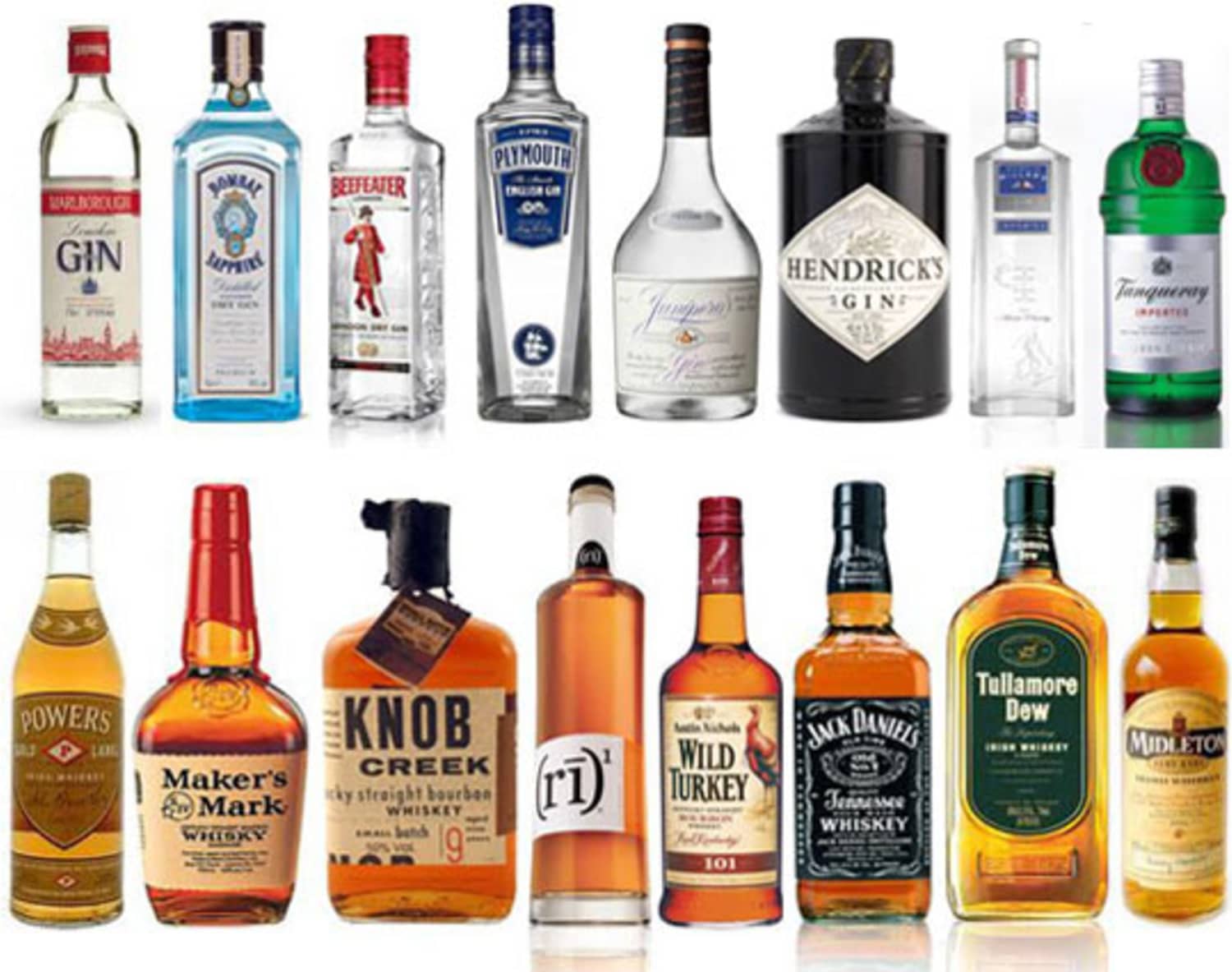If youre like most people, you probably think of “premium” spirits as those high-priced bottles that sit on the top shelf at your local liquor store. But what does it actually mean for a spirit to be “premium?” Theres light beer, heavy beer, wine, and hard liquor. But what exactly separates the various types of spirits? And more importantly, is the extra price tag worth it? In this article, well explore what sets premium spirits apart from the rest and whether or not the cost is really worth it.
The attributes that define premium liquors include: Unparalleled Purity and Clarity. Exceptional Ageing and Maturation Processes. Distinctive Aromas and Flavors.

Examples of Premium Spirits

Are premium spirits better than other liquor choices?
That depends on what you’re looking for. More expensive premium liquors have higher-quality ingredients, more careful distillation, and a longer aging process. As a result, they earn their higher price tag, although the price is a flawed means of measuring quality.
“If you use higher quality grapes, grains, and fruits, you end up with a better quality product than using industrial alcohol and synthetic ingredients,” said Alexis Kahn, director of beverage education at The International Culinary Center in New York City. “Using high-quality natural ingredients is a lot more expensive than the alternative.”
Other than the ingredients, other factors influence the superior quality of premium spirits, especially the distillation process. The distillation process removes impurities in the alcohol known as congeners, but some distillers try to capture some congeners to enhance the flavor.
Aging also affects the flavor of premium spirits. For example, bourbons require freshly charred barrels to age, and the level of char determines the bourbon flavors. Also, the time spent aging affects the taste as well. For example, unaged whiskey (moonshine) has a pure, grain-forward flavor and is lower quality than its 2+ year older sibling whiskey. Aging the alcohol takes time and the more time in barrels means the less time on shelves making money which increases the price of the spirit.
That being said, premium liquors aren’t for every occasion or every pocketbook. For example, you wouldn’t want to drop a lot of money on premium liquor only to shoot it down in a shot. Similarly, you might want to have a higher-quality liquor when having your guests over for a dinner party so that they can sip the night away on a fine whiskey or vodka.
Top 10 ALCOHOL Brands in the world
FAQ
What makes a liquor premium?
What is premium top-shelf liquor?
What is considered a premium bottle?
What is considered a premium drink?
What is a premium liquor?
After premium spirits are “super-premium” spirits, these combine the desirability of the brand and the quality of the liquor (both in craftsmanship and taste). When distinguishing high-quality liquors, it’s not based only on the price per bottle but also the supplier revenue per case.
What is a premium drink?
When you move into the premium liquors (e.g., Grey Goose Vodka, Bombay Sapphire Gin, or any single malt scotch), the cost of your drink will go up. These are premium and super-premium call drinks. The catch is that each bar will have a slightly different definition of premium liquor.
What is premium in bartending?
Premium in bartending used to mean distilled spirits like vodka and whiskey, but now they just mean higher quality liquors that last longer. Unlike well and call liquors, premium liquors can sit on the shelf for years without losing their essence. These liquors are often used in cocktails and mixed drinks.
What is a super-premium liquor?
When distinguishing high-quality liquors, it’s not based only on the price per bottle but also the supplier revenue per case. Super-premium spirits are sold on the traditional liquor market but are even rarer than their premium counterparts. Super-premium spirits, from distillation to bottle, are made with their higher-end clients in mind.
